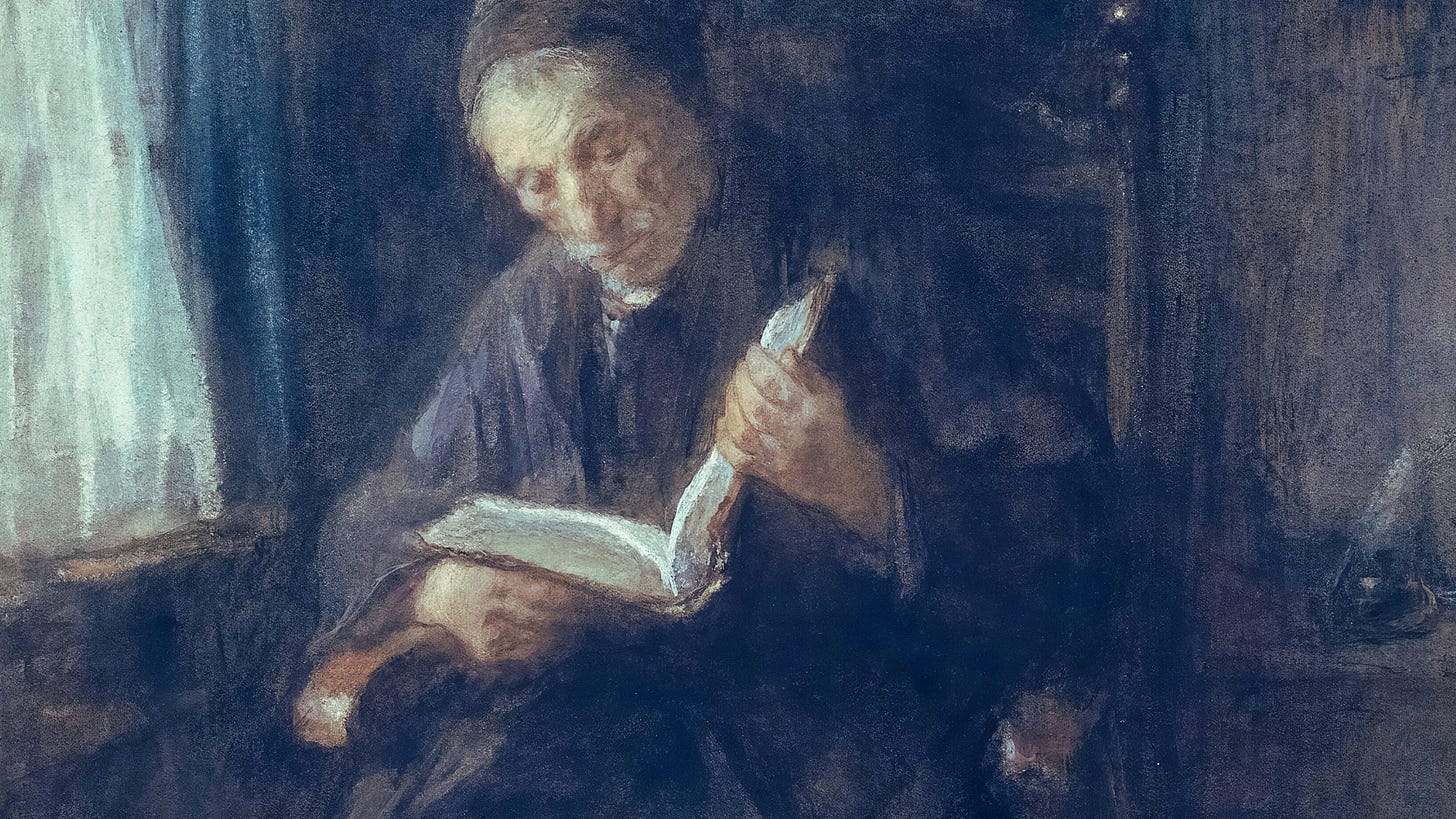The Illusion of Strength and the Gift of Weakness
John Henry Jowett and the upside-down grammar of faith.
In a particularly poignant passage in his Things That Matter Most, the prominent British minister John Henry Jowett (1863—1923) articulates why weakness is better than strength. “Our weakness,” he says, “helps our remembrance of God; our strength is the friend of forgetfulness.”1 What he is getting at is a most profound, albeit topsy-turvy truth, that challenges conventional wisdom — namely, it isn’t our weaknesses that foil our devotion to God and his Word; it’s our strengths. Contrary to what we naturally suppose, the greatest hindrances to our life of faith reside in those areas where we deem ourselves the strongest. In so doing, we preclude the work of Christ’s Spirit, whose aim is to reveal the all-sufficiency of Christ himself for us. Jowett goes on to say it like this:
In our weakness we remember the Lord, and the dim things of the unseen come clearly into view. But when our strength is regained the vivid vision fades again, and is sometimes entirely lost. And so our strength is really our drug. It is an opiate which ministers to spiritual forgetfulness. And so it is with every kind of strength. Frailty in any direction makes us lean upon the power of the Almighty, and in every frailty our remembrance of Him is keen and clear. But our strength helps to create a feeling of independence, and we become unmindful of our God. And therefore it is that a man who never knows weakness has a stupendous task in maintaining communion with God.2
This is the upside-down grammar of faith, which is expressed nowhere better than in Paul’s letter to the Corinthians, where he declares, “I will boast all the more gladly of my weaknesses, so that the power of Christ may rest upon me” (2 Cor. 12:9). This, of course, comes on the heels of Jesus’s promise that his grace is and will be sufficient for him, even and maybe even especially in weakness, since that is where his power is made perfect. As I’ve written previously, the image of weakness isn’t only Paul’s frailty but the bloodied frame of the Crucified One, who entered this world bedecked with weakness and grief, and died under the weight of it. Therefore, when Paul heard the words, “My grace is sufficient for you, for my power is made perfect in weakness,” he wasn’t privy to the first Instagrammable Christian catchphrase. Rather, he was bestowed a promise, one that invites us to relinquish our precious illusions of strength and, instead, cling to the One whose power and grace is made perfect in our need.
Grace and peace to you, fellow weaklings.
John Henry Jowett, Things That Matter Most: Devotional Papers (New York: Fleming H. Revell, 1913), 32.
Jowett, 32–33.




This was Very good , Sir; THANKYOU; Bradley I found YOU’re sharing here thru dr.Janet Abidir link, it was nice to see this in a calm early Sun AM. From the west coast